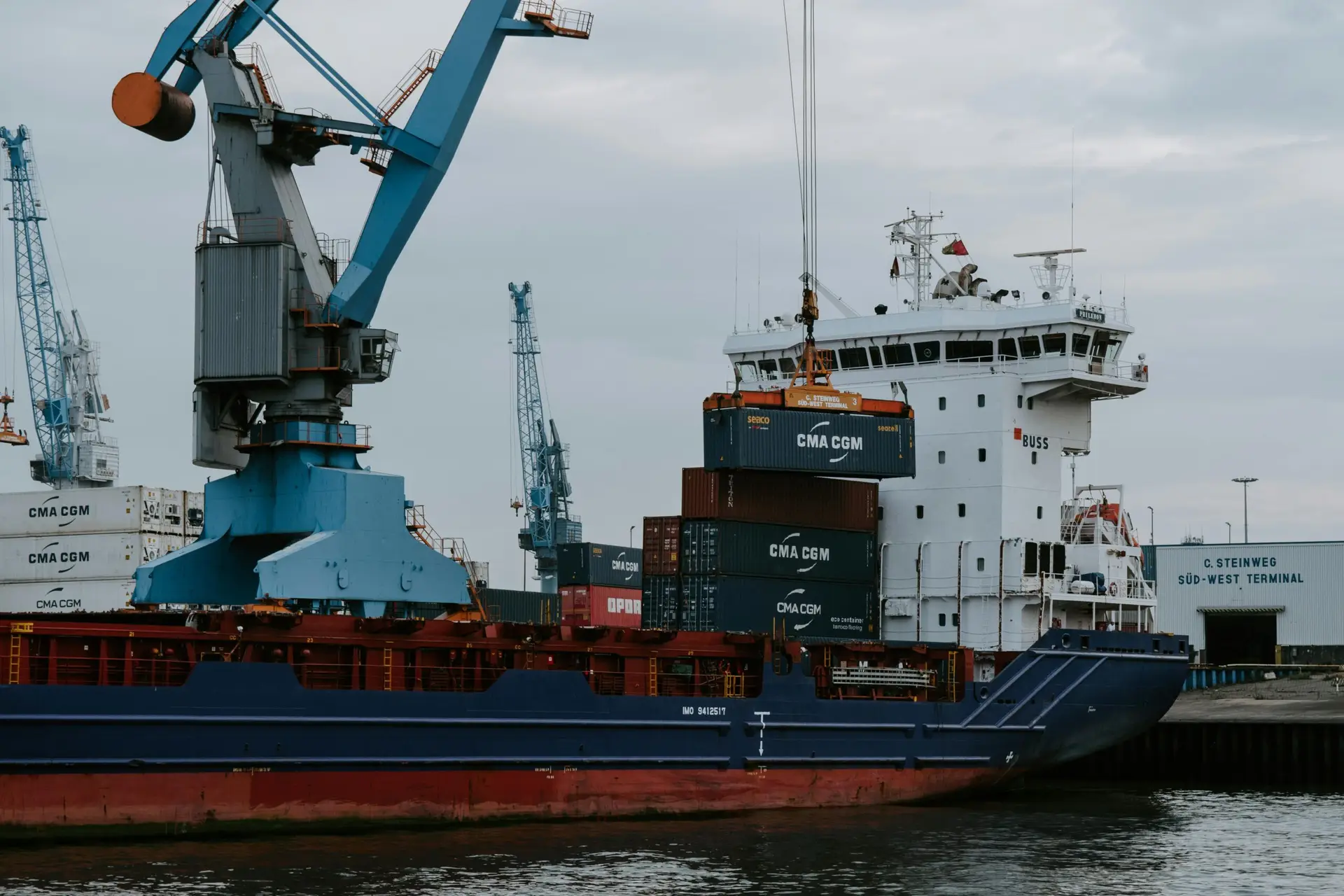Have you ever come across the term triangular operation in foreign trade and wondered exactly what it meant?
Despite not being widely known outside specialized circles, this type of operation is quite common — especially among trading companies, global distributors, and companies operating in strategic international markets. And if well-structured, it can bring significant operational and commercial advantages.
What is a triangular operation?
A triangular operation is an international transaction involving three companies established in three different countries. Each plays a specific role in the negotiation:
• Exporter: The one who manufactures or sells the goods.
• Intermediary (trading): Buys from the exporter and resells to the final importer.
• Final Importer: The one who actually receives the product.
A fundamental detail the goods do not pass through the intermediary's country. They go directly from the exporter to the final buyer. However, the commercial negotiation and invoicing happen through the intermediary, who applies their resale margin.
How does it work in practice?
Let's look at an example to illustrate this better. Imagine an operation where:
• A Brazilian factory is responsible for the production and export of the goods;
• A US trading company intermediates the negotiation;
• The final customer is in Germany and receives the shipment.
In this scenario, the operation happens as follows:
1) The US trading company buys from the factory in Brazil for US$ 10.000, with a corresponding commercial invoice issued.
2) Then, this same trading company resells the goods to the German customer for US$ 13.000with a second commercial invoice.
3) The cargo goes directly from Brazil to Germany, without physically passing through the United States.
Summary of the flow:
• Path of goods: Brazil 🇧🇷 → Germany 🇩🇪
• Path of money: Germany → USA → Brazil
Why use a triangular operation?
This model is widely used by global companies and offers several strategic advantages, such as:
• Commercial confidentiality - The final customer does not have access to the original supplier.
• Margin gain - The intermediary buys for one value and resells at a profit.
• Centralization of operations - Centralization of operations: Ideal for business groups with units in different countries.
• Fiscal and exchange rate efficiency - Allows choosing the most advantageous country to concentrate the operation's revenue.
Attention to necessary precautions
Although it is an internationally recognized and completely legal practice, a triangular operation requires good planning and attention to technical details to avoid fiscal and customs risks.
Here are the main points of attention:
Well-structured documentation
• Two distinct commercial invoices, clear contracts between the parties, and the precise definition of the Incoterms used are necessary.
Fiscal and customs compliance
• Each country treats this type of operation differently. It is essential to know and comply with the legal requirements of all parties involved.
Rigorous compliance
• Control must be rigorous both at the origin and destination of the goods, ensuring transparency and traceability throughout the chain.
In the case of Brazil
• The exporter needs to correctly register the RE (Export Registration), even if the final recipient of the goods is different from the buyer indicated on the commercial invoice..
Conclusion
A triangular operation can be an excellent strategy for companies operating globally, provided it is carried out with due technical, legal, and fiscal care. When well-executed, it offers relevant commercial advantages and contributes to the efficiency of international transactions.
If your company deals with foreign markets or is structuring a global supply chain, it is worth considering this model — always with the support of foreign trade specialists.
Avoid mistakes when importing!
Having a specialized import consultancy can save you from many future risks. See what Genco Import & Export can do for you:
- Sourcing your product to find the best value for your product.
- Simulating all costs before you embark on this journey.
- Negotiating values with suppliers, freight forwarders, and customs brokers.
- Unifying all documents. Less headache for you!
- Closing the exchange rate for your process.
- Conducting inspections and issuing complete reports for your follow-up.
And much more!
Count on Genco for the best advisory for your imports.
Contact us and learn more about our services!




